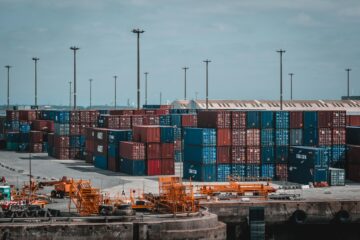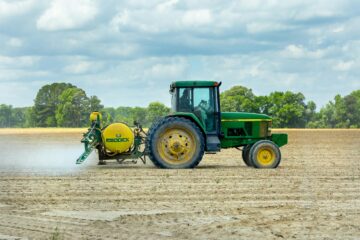A Chinese proverb says, “The best time to plant a tree is 20 years ago. The second best time is now.”
Would you like to save some farmland and open space in Will County? Or would you like to pave and develop the entire county into shopping centers, subdivisions, truck terminals and warehouse distribution centers with congested traffic. I learned about the Kane County farm preservation program years ago. They have taken $19.9 million in riverboat casino tax revenue funds and $12.6 million in matching federal funds from the Federal Farmland Protection Program to create a permanent protection of 4927 acres. They have a 1500 acre waiting list.
In my adult life I have seen many times when landowners or local residents have fought to keep a parcel of land from being developed. Eminent domain, insanely lucrative offers from developers, the growth of communities, and of course a fantasy airport somehow still manage to bulldoze even the most valiant stalwarts.
I have heard it many times. “They should save this farm. Why did they tear down that old barn or house? I don’t want neighbors. They need to stop the trucks. We need to preserve more open space. We moved here because it was rural, and now it is crowded. Why did they develop that farm; I like living next to a farm instead of having neighbors.”
I suspect that saving our rural landscape/farms and improving roads to improve transportation both face the same hurdle, a lack of money and not a lack of desire. There are lots of ideas and good intentions to preserve farmland and natural areas, but the real stumbling block is when it comes time to pay the bill. As I gathered information for last week’s article about the traffic on rural roads in southern Will County, I learned about how some counties impose a “developmental impact fee” on land development with funds earmarked specifically for transportation costs.
There are very few ways for a landowner to preserve their land after passing away. Entering it into an agricultural easement or donating it to the forest preserve come to mind. This rarely happens, and I imagine one would have to have very deep pockets or be extremely passionate to bear the financial loss of such a transfer. The reality is many times the heirs want to sell inherited land and become “rich.”
I have been involved in some discussions in the past few years with people who want to save the rural landscape from the bulldozer, but no one ever has a way to overcome the lack of money for such endeavors. What if Will County imposed a fee on land being developed? Could the county collect this fee when the use of land/property is changed and earmark those funds for improving roads and preserving open space and historic structures?
Could the public, politicians, farm bureau, developers, environmental groups and landowners all agree that such a plan would have some merit? This idea is like planting a tree, 20 years ago would have been better but the next best time is today.
Which begs the question, would you rather be outstanding in a field, outstanding in a parking lot, or outstanding in a subdivision? I know my answer.



0 Comments